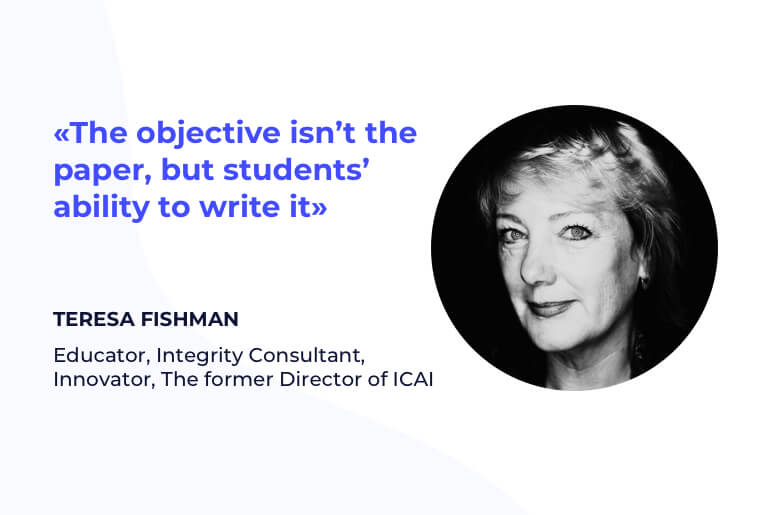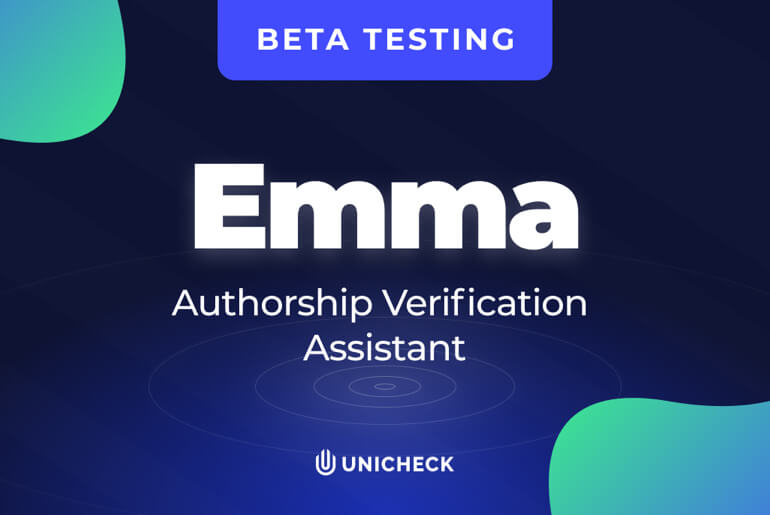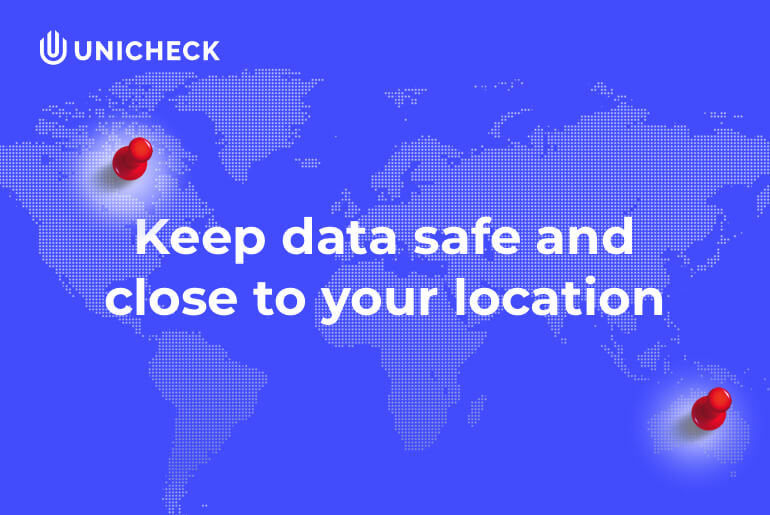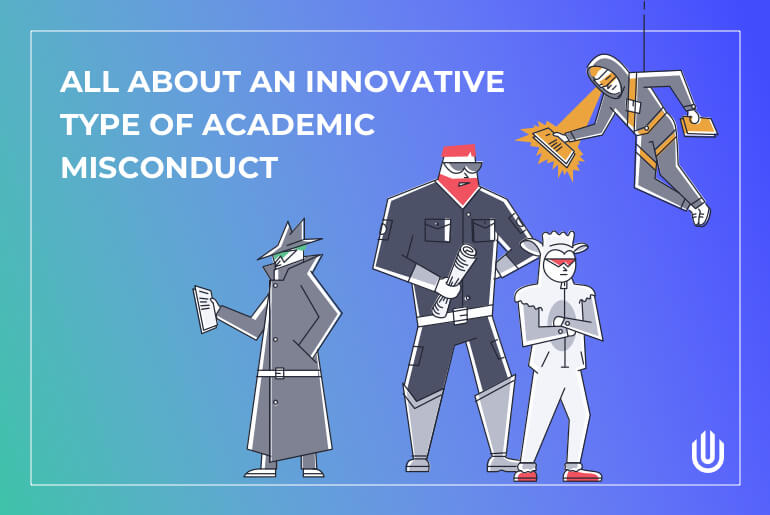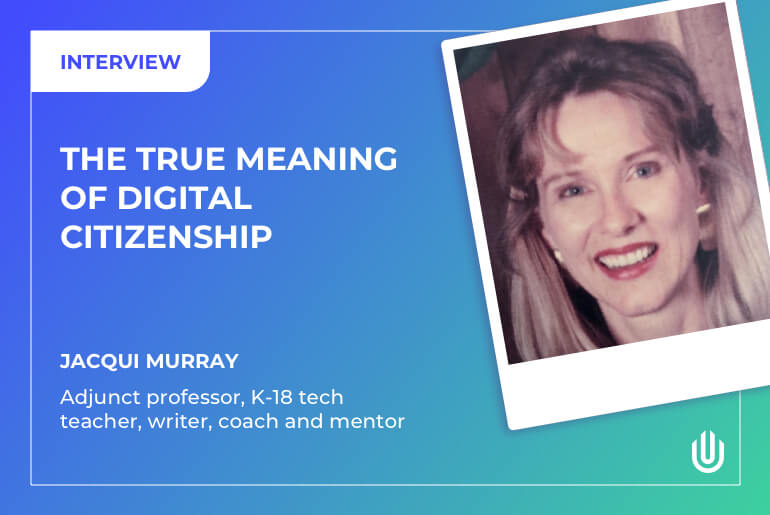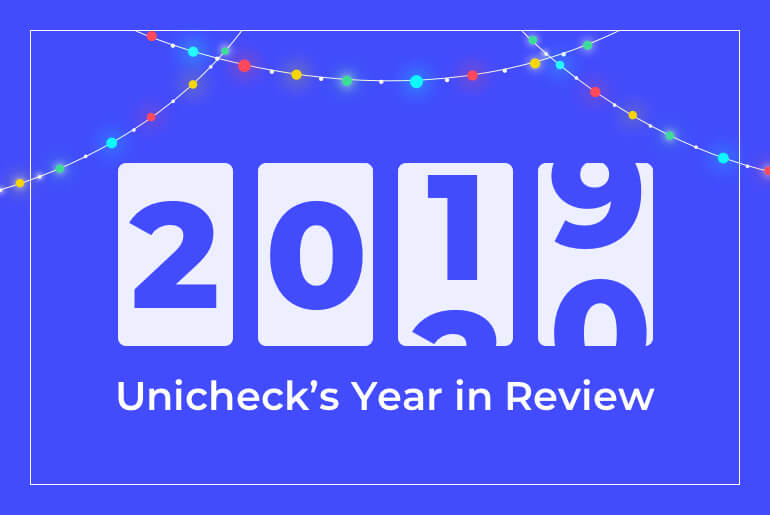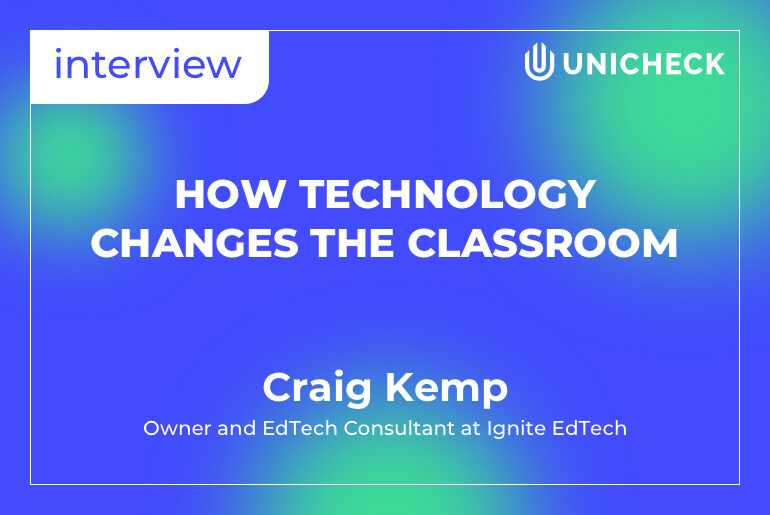According to the BBC news, “one in seven is paying for university essays.” To combat the booming economy of essay mills, quicker collective action must be taken to raise the standards for academic integrity, which the International Center for Academic Integrity (ICAI) is highly committed to.
Founded back in 1992, ICAI has been helping academic institutions increase integrity, foster communication, evaluate resources, and share advice on how to establish an open and trusting academic community.
The Unicheck team reached out to Teresa Fishman, PhD in Rhetoric and Composition, educator, consultant, and the former Director of ICAI, and asked her about how universities and colleges are facilitating students’ integrity, what teachers can do to discourage cheating, how academic integrity can be achieved in e-learning, and what can inspire students to adopt the mindset of a critical thinker.
Read on to see what she had to say.

